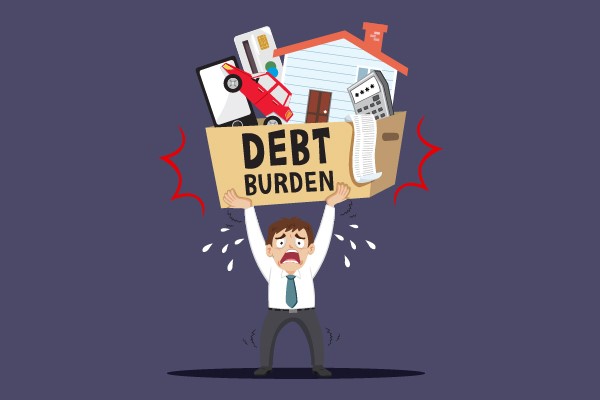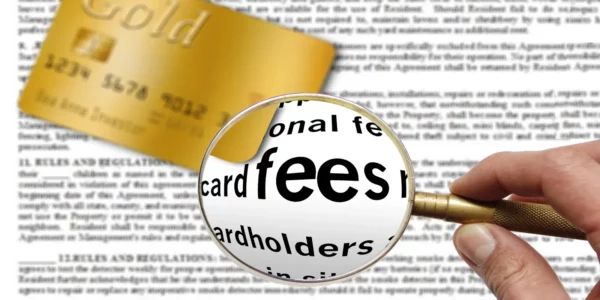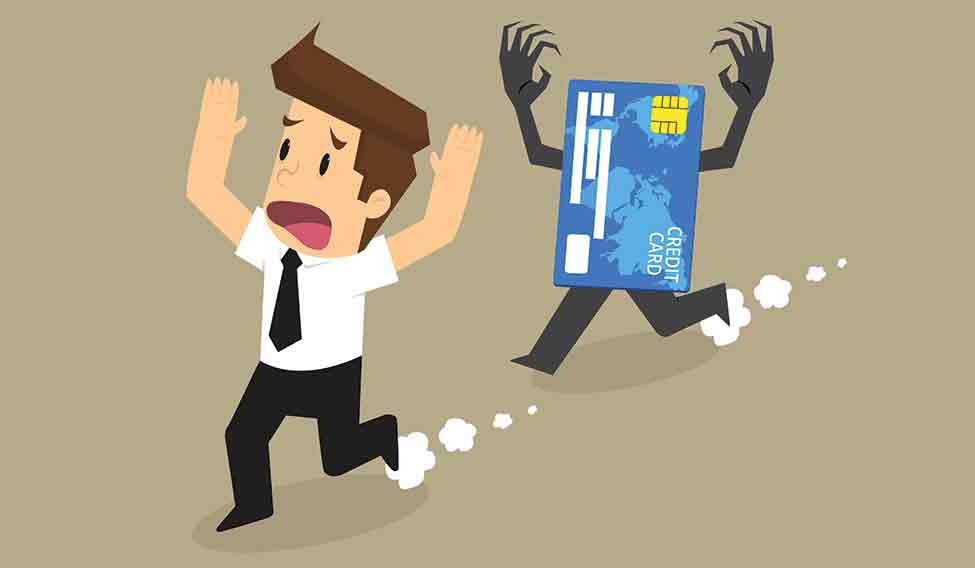The Hidden World of Credit Cards: A Closer Look
As a consumer, it’s essential to know the ins and outs of your credit card to make the most of your financial journey. However, credit card companies may not disclose everything that could benefit you. Here are ten things your credit card company doesn’t want you to know.
1. Interest Rate Negotiation: Yes, It’s Possible
Credit card companies often lead customers to believe that interest rates are fixed, but they can actually be negotiated. If you have a good credit history and have been a loyal customer, contact your credit card issuer and ask for a lower interest rate. Be prepared with competing offers from other companies and make a strong case for why you deserve a lower rate. Some customers have successfully reduced their interest rates by a few percentage points, which can save hundreds or even thousands of dollars in the long run.
2. Minimum Payments: A Trap to Keep You in Debt

Credit card companies benefit when customers only make the minimum payment each month because it extends the time it takes to pay off the balance, leading to more interest charges. Aim to pay more than the minimum each month to save money in the long run. If possible, allocate additional funds to your payments, even if it’s just a few dollars. This extra payment can significantly reduce your interest charges and help you pay off your balance faster.
3. Rewards Programs: The Fine Print Matters

Not all rewards programs are created equal. Some offer attractive rewards but come with high annual fees or restrictive redemption rules. To maximize your rewards, compare different programs and read the fine print. Look for any limitations on earning points, expiration dates, and blackout dates for travel rewards. By understanding the ins and outs of your rewards program, you can make the most of your credit card and avoid disappointment.
4. Late Payments: The First Time Can Be Forgiven
Late payment fees can be frustrating, especially if you’ve never missed a payment before. Many credit card companies are willing to waive the late fee for first-time offenders. If you accidentally miss a payment, call your credit card company and explain the situation. You may be able to get the fee removed from your account, saving you money and protecting your credit score.
5. Hidden Fees: Keep an Eye Out

Credit card companies may impose hidden fees, such as annual fees, cash advance fees, foreign transaction fees, and balance transfer fees. Review your credit card agreement and statements regularly to identify any unnecessary charges. If you find any unexpected fees, contact your credit card company and ask for clarification or request to have the fee removed.
6. Balance Transfer Offers: Not Always a Win-Win
Balance transfer offers can save you money by allowing you to move high-interest debt to a card with a lower interest rate. However, be cautious – some offers come with hidden fees or high-interest rates after the promotional period. Read the terms and conditions carefully before committing. Look for offers with low or no balance transfer fees, a lengthy promotional period, and a reasonable interest rate after the promotion ends. By carefully selecting a balance transfer offer, you can save money and pay off your debt faster.
7. Credit Limit Increases: A Double-Edged Sword
A higher credit limit can improve your credit score by lowering your credit utilization ratio (the percentage of your available credit that you’re using). However, a higher limit may also tempt you to overspend. Use this power responsibly by maintaining a low credit utilization ratio and paying your balance in full each month. If you think a credit limit increase would benefit you, contact your credit card company and ask if you’re eligible.
8. Inactivity Penalties: Use It or Lose It
Some credit card companies charge inactivity fees or close accounts due to prolonged inactivity. This can negatively impact your credit score by reducing your available credit and increasing your credit utilization ratio. To avoid this, make small, manageable purchases on your card and pay them off promptly. Regular activity can help you maintain a healthy credit score and avoid unexpected penalties.
9. Universal Default: A Slippery Slope
If you default on one credit account, your other creditors may raise your interest rates, even if you’ve been paying them on time. This practice, known as “universal default,” can lead to a vicious cycle of mounting debt. To protect yourself, make all your payments on time and monitor your credit report for any inaccuracies. If you find yourself in a situation where you can’t make a payment, contact your creditor immediately to discuss alternative options.
10. Two-Cycle Billing: A Costly Surprise
Two-cycle billing calculates interest based on two billing cycles instead of one, potentially increasing the interest you owe. This method can be especially costly if you carry a balance from one month to the next. Review your credit card agreement to ensure you understand the billing method your company uses. If your card uses two-cycle billing, consider switching to a card that uses the more common average daily balance method to save on interest charges.
Unmasking the Credit Card Industry: A Smarter Approach
By understanding these lesser-known aspects of credit cards, you can make more informed decisions and better manage your finances. Stay vigilant, read the fine print, and don’t hesitate to negotiate with your credit card company to make the most of your financial journey. Remember, knowledge is power – and the more you know, the better equipped you’ll be to tackle the hidden world of credit cards.



















